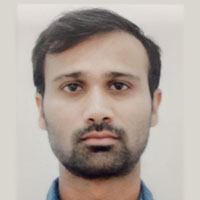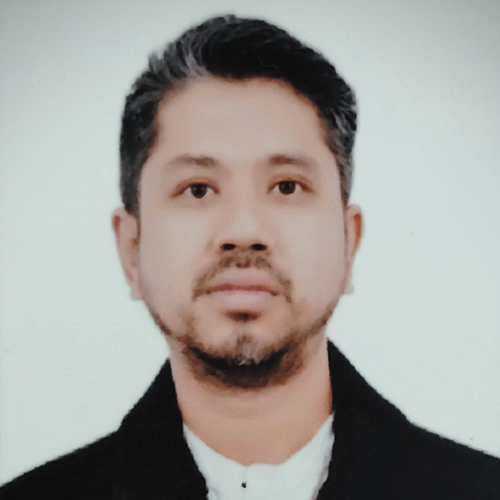India–Israel Defence Trade: Issues and Challenges
To achieve strategically critical self-reliance in defence production, there needs to be a greater focus on co-development, co-production projects with important partners like Israel, with an essential emphasis on exports to third countries. For the full realisation of the potential of the India–Israel defence partnership, India on its part needs to strengthen elements of its procurement processes—including the proper implementation of laid down policies.
India–Israel: The View from West Asia
The view from West Asia of India–Israel ties has been interlinked not only with the region’s negative perception of Israel but also with Israel’s evolving position in the West Asian geo-political framework. The growing economic and political power of India in the last two decades and its deepening economic ties with countries in West Asia, however, have brought new factors into play. This perspective, along with the promise of the positive role India can play in West Asian affairs, now colours the Arab appreciation of India–Israel ties as well.
Russia and the European Union: Lessons Learned and Goals Ahead
The current crisis and pause in development of the EU–Russia relations provide a unique chance to shed the burden of past problems and start new relations from scratch. Both sides should sort out their values and get rid of the ballast generated by the bureaucratic inertia or false understandings of partnership. Russia and Europe are unlikely to evolve a common vision for the future. Their future is not in unity but in co-existing next to each other. It is time that Russia and the EU clearly formulate their real interests and try to make relations predictable.
Re-emerging Powers and the Impasse in the UNSC over R2P Intervention in Syria
The article examines the influence of BRICS (Brazil, Russia, India, China, and South Africa) members that acts as an important condition of success for implementation of the three-pillared Responsibility to Protect (R2P) principle in case of Syrian conflict. Analysis has revealed two distinctive features of the BRICS’s positions. Firstly, BRICS has placed particular emphasis on there being a reasonable prospect of success before supporting intervention.
Moderates Strike Back in Iran: Imperatives for the International Community
The results of the most recent Parliamentary and Assembly of Experts elections in Iran indicate that Iranians are increasingly unhappy with the conservative establishment in the country. The Reformists or moderates and pro-Rouhani group of ‘Hope’ secured a majority in the Assembly of Experts and also won more seats than their rival conservatives or Principlists in the Majlis or parliament. The elections for the two bodies were held on February 26, 2016.
Importance of PM Modi’s Visit to Iran: Opportunities and Challenges for India
Prime Minister Narendra Modi’s visit to Iran is important in many ways. It came at a time when India is seriously contemplating activation of its ‘Look West’ policy and banking on Iran as a ‘gateway’ and provider of a corridor to Central Asia and Afghanistan. The visit sought to revitalise India–Iran bilateral relations which has passed through an uncertain phase during the last decade.
The End of the End of History
On December 25 of this year we will mark 25 years since the collapse of the Soviet Union. Many in Russia and the West were optimistic about the seeming imminent integration of Russia into a Western-led liberal democratic global order. The United States, in particular, fresh off its ‘victory’ in the Cold War, could hardly restrain its triumphalism as it stood astride the world as the sole superpower.
The New Role of Russia in the Greater Eurasia
Key ideas associated with Eurasianism were developed in the 19th century. The narrative of classical Eurasianism in the 1920s was developed to explain that Western civilisation was not superior to other civilisations. Eurasia is the middle continent between other parts of Europe and Asia. There are historical, geographical, and cultural impetuses here which push nations to different forms of association. However, the dissolution of the USSR gave birth to new ideologies and political theories of Eurasianism.
The Domestic Linkages to Eurasian States’ Perception on Global Politics: ‘Normative Idioms’ versus Empirical Practices
Eurasia’s preponderance in global politics is gaining because of its location, resources, as well as mosaic population having diverse ethnic backgrounds. Since the invasion by the Mongolians in the 13th century, Eurasia as a geopolitical unity, attempted by Chengiz Khan, has been the foundation for Russia’s policies towards this region, which has been a hotbed of competition among the Persian, Turkic and Russian Tsarist empires, and the British Empire also competed for influence in the region.








